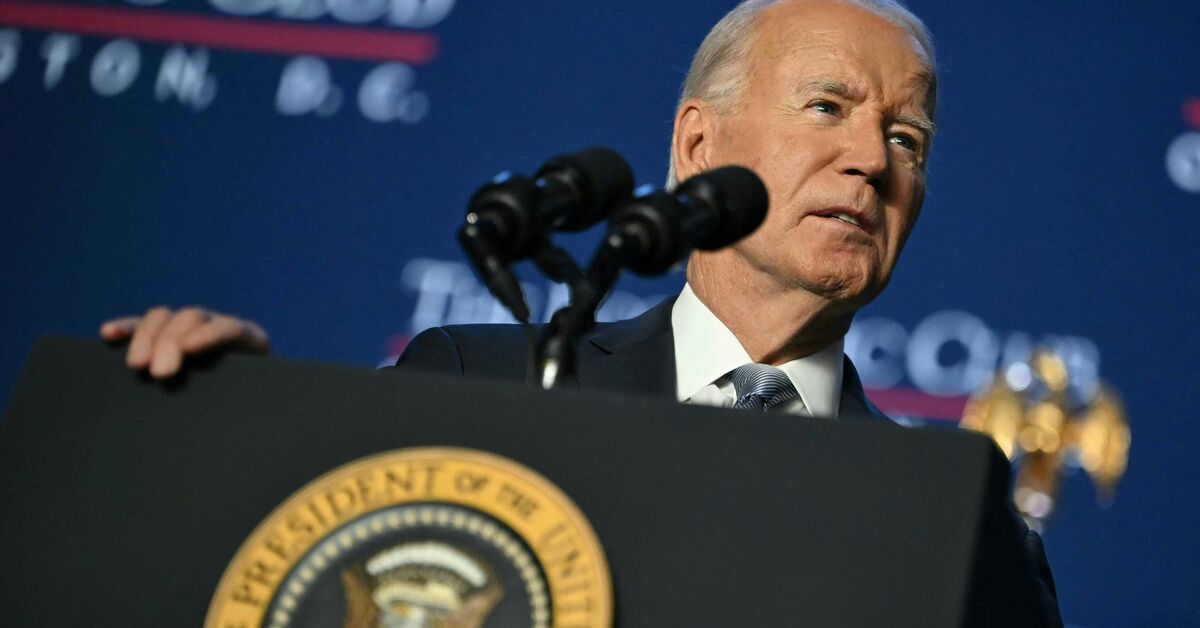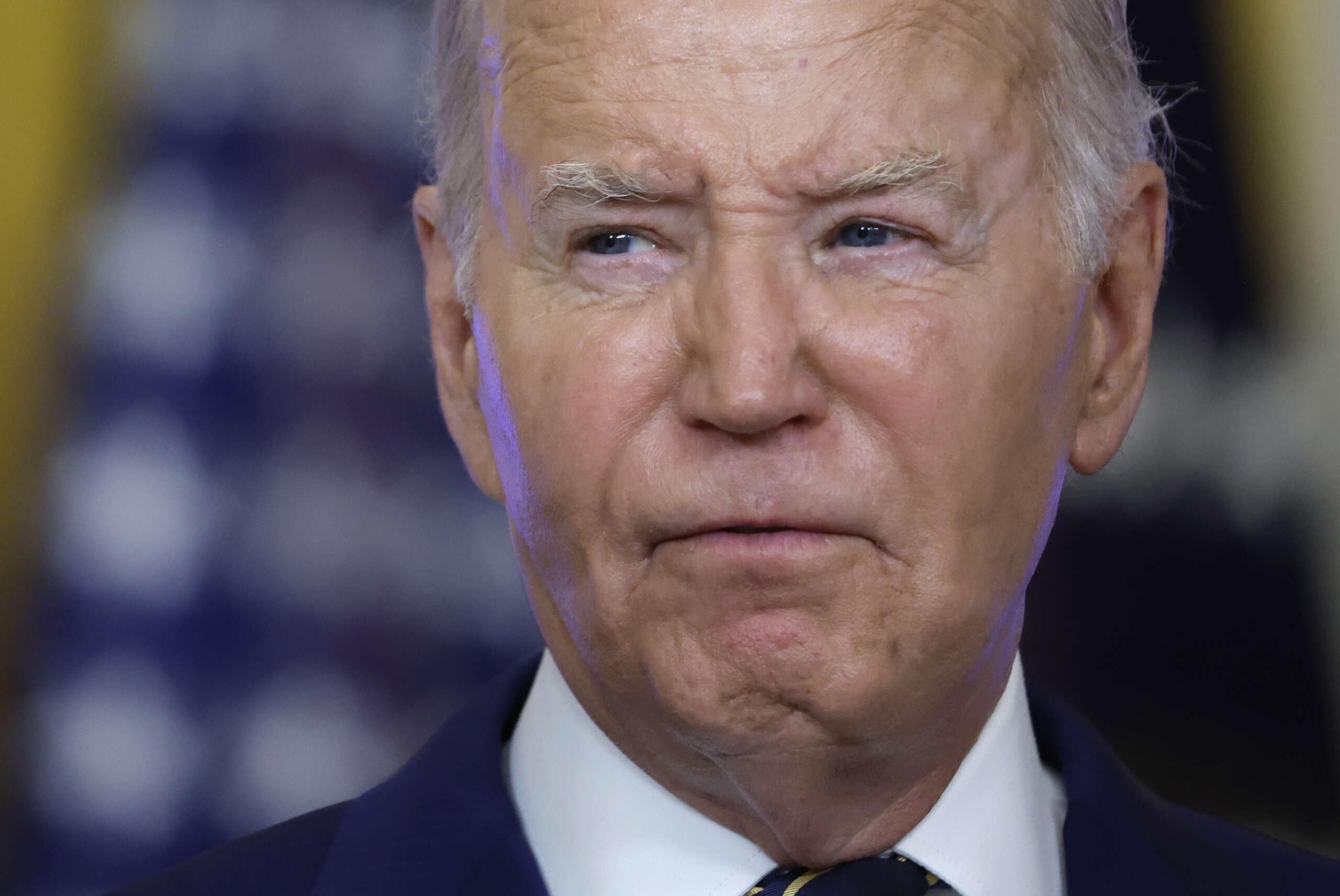







On October 7, 2024, President Joe Biden, Vice President Kamala Harris, and former President Donald Trump commemorated the first anniversary of Hamas's attacks on Israel, which have had far-reaching implications for U.S. politics and foreign policy. Biden participated in a solemn ceremony at the White House, lighting a candle and calling for peace while condemning the brutality of the attacks that resulted in 1,206 Israeli deaths. He also called for a ceasefire in Gaza, where 41,909 people have died since the war began [6c05d568].
Harris marked the occasion by planting a memorial tree at her residence, symbolizing hope, while Trump met with Jewish leaders in New York, asserting that the attacks would not have occurred under his presidency and criticizing Biden's foreign policy as the worst in history [6c05d568]. The anniversary underscored the ongoing conflict's impact on the upcoming presidential election, as Biden and Harris face scrutiny from Arab and Muslim voters regarding their handling of the situation [4f0a44a2].
The conflict in Gaza is expected to continue for several more months, with Israeli officials warning that the war could extend until the end of the year to achieve their objective of dismantling Hamas [f562b659]. The humanitarian crisis in Gaza is worsening, with projections indicating a death toll of 72,000 by August if the conflict persists [f562b659].
In addition to the Gaza conflict, Israel's military actions against Hezbollah in Lebanon complicate the Biden administration's foreign policy. Israel aims to return over 100,000 citizens displaced since October 2023 due to Hezbollah's rocket attacks, while U.S. interests focus on diplomatic efforts to end hostilities [91577eb0].
Biden's diplomatic efforts have faced challenges, with U.S. diplomats being perceived as ineffective in ceasefire negotiations. Aaron David Miller has noted that U.S. diplomats have become 'political furniture,' struggling to make meaningful progress amid escalating tensions [9faf2805].
Recent developments have further complicated the situation. On October 1, 2024, Iran fired approximately 180 missiles into Israel in retaliation for the killing of Hezbollah leader Hasan Nasrallah. This escalation has prompted President Biden to work towards limiting Israeli military responses to Iran's actions [0eabef92].
The ongoing conflict has significant implications for U.S. domestic politics, with Biden's handling of the crisis facing criticism from voters. Republicans have linked the attack on Israel to Biden's policies towards Iran, using the conflict for political gain [f562b659]. Activists are mobilizing in Washington, D.C. to demand an end to Israel's military actions in Gaza, seeking to influence Congress and raise the political costs of supporting the conflict [9f80eaf4].
The war in Gaza also has broader implications for global affairs, straining relations between Israel and Arab countries and complicating the normalization process. If the conflict escalates into a regional war, it could divert the West's attention from the war in Ukraine, potentially favoring Russia and China [0a48264d].
In light of these complexities, UAE President Sheikh Mohamed bin Zayed is set to visit Washington for discussions on economic and security issues, reflecting the broader regional concerns about the ongoing conflict and the lack of progress towards establishing a Palestinian state [9faf2805].